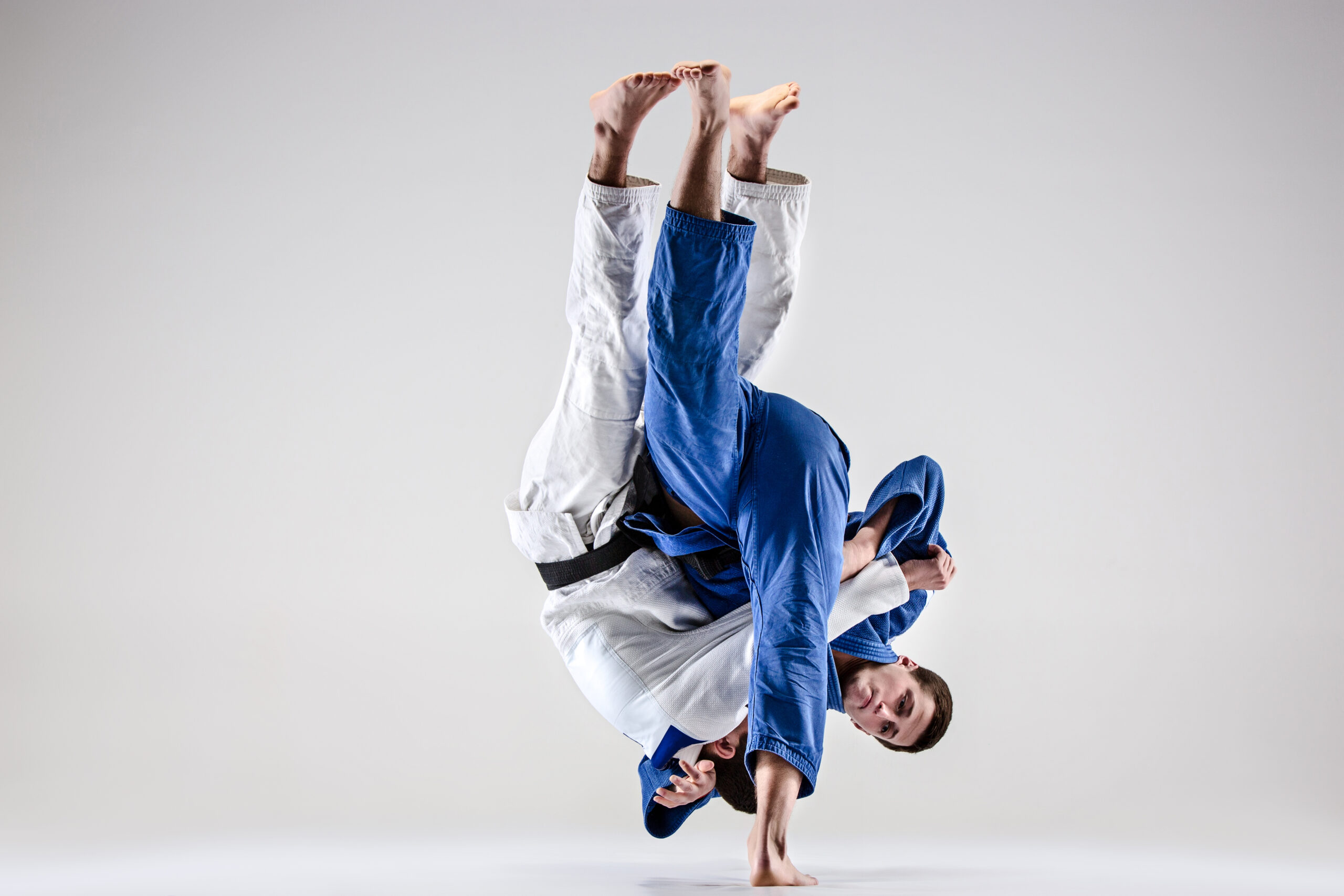The Art of Falling: Why Learning to Fall in BJJ is Crucial for Beginners

Brazilian Jiu-Jitsu (BJJ) is a martial art that strongly emphasizes grappling and ground fighting techniques. While the goal of BJJ is to dominate and submit your opponent, it’s equally important to know how to defend yourself when taken down. One fundamental aspect that often gets overlooked is learning to fall correctly. This blog post will explore why learning to fall in BJJ is one of the essential skills beginners should prioritize.
Injury Prevention
In any martial art, the risk of injury is always present. BJJ is no exception. However, beginners can significantly reduce the likelihood of sustaining injuries by learning to fall correctly. Falling improperly can lead to strained muscles, sprained joints, and even broken bones. By understanding how to absorb impact and distribute force, you can protect yourself from potential harm during training and competition.
Maintain Control
Learning to fall in BJJ isn’t just about preventing injuries; it’s also about maintaining control during a takedown. By mastering the art of falling, beginners can minimize the impact and retain a sense of balance and stability. This allows them to quickly recover from a fall, regain control, and potentially counterattack. By staying composed and calm, practitioners can turn a disadvantageous situation into an advantageous one, even when taken down.
Transitioning to the Ground
BJJ primarily focuses on ground fighting, and knowing how to fall correctly is essential for transitioning from a standing position to the ground. In BJJ, being taken down is common, and learning to fall effectively helps beginners navigate this transition smoothly. By falling into control, practitioners can protect themselves while seamlessly transitioning into groundwork, utilizing their skills to defend or submit their opponent.
Building Confidence
Falling can be an intimidating experience, especially for beginners. The fear of falling and getting injured can hinder progress and limit growth in BJJ. However, beginners can build confidence and overcome this fear by learning to fall correctly and repeatedly practicing falling techniques. As confidence grows, practitioners become more willing to take risks, attempt new techniques, and push their boundaries. Learning to fall effectively instills a sense of trust in oneself and enhances overall self-assurance on and off the mat.
Transferable Skills
The ability to fall gracefully isn’t limited to BJJ; it is a valuable skill that transcends the martial arts realm. Accidents and falls can occur in various aspects of life, whether during sports, daily activities, or unforeseen circumstances. By honing their falling skills in BJJ, beginners develop transferable skills that can be applied in real-world scenarios. This can significantly reduce the risk of injury in everyday situations and contribute to overall physical well-being.
While the art of falling may seem inconspicuous, its importance in Brazilian Jiu-Jitsu cannot be overstated. As beginners embark on their BJJ journey, learning to fall correctly should be a top priority. The benefits of injury prevention, maintaining control, transitioning to the ground, building confidence, and acquiring transferable skills make falling a fundamental skill that enhances overall performance and safety. By embracing the art of falling, beginners set a strong foundation for their BJJ practice, enabling them to progress and succeed in this dynamic martial art.
Image by master1305 on Freepik
